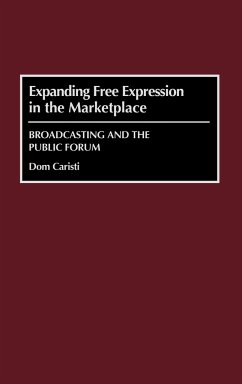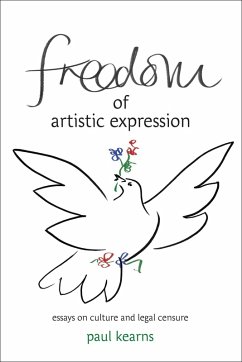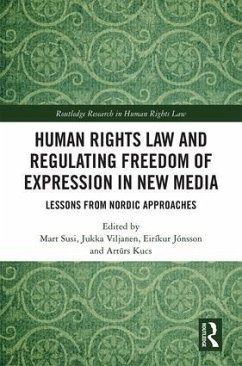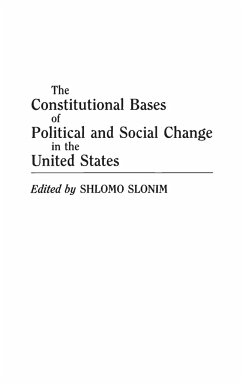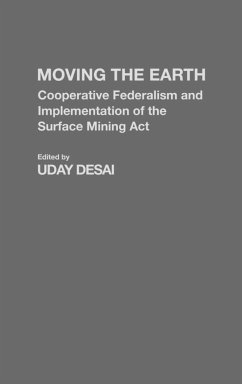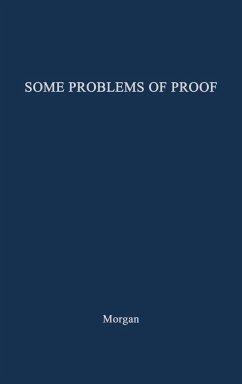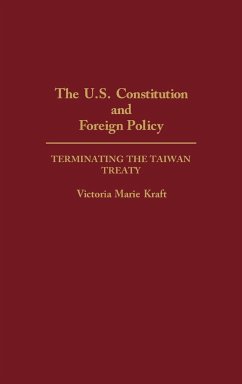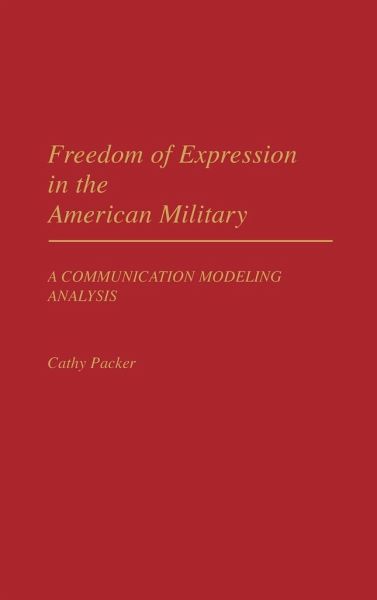
Freedom of Expression in the American Military
A Communication Modeling Analysis
Versandkostenfrei!
Versandfertig in 1-2 Wochen
79,99 €
inkl. MwSt.

PAYBACK Punkte
40 °P sammeln!
Much of the freedom of expression enjoyed by civilians in the United States, and guaranteed to them by the constitution, is illegal for American military personnel. Freedom of Expression in the American Military addresses the issues at the root of this First Amendment dichotomy. The author examines free expression for service members as a communications issue rather than simply an issue of military traditions and necessities. The book examines court decisions involving First Amendment rights, the literature on military communication, and models that illustrate how communication works. Then the...
Much of the freedom of expression enjoyed by civilians in the United States, and guaranteed to them by the constitution, is illegal for American military personnel. Freedom of Expression in the American Military addresses the issues at the root of this First Amendment dichotomy. The author examines free expression for service members as a communications issue rather than simply an issue of military traditions and necessities. The book examines court decisions involving First Amendment rights, the literature on military communication, and models that illustrate how communication works. Then the author presents and critiques the communication model used by the military to curtail the First Amendment rights of soldiers. Among the subjects covered in this volume is an interesting comparison of the First Amendment rights of civilians and soldiers who protested U.S. involvement in Vietnam. Using such examples and analysis of both communication and First Amendment literature, the author concludes that the view of military as a separate society and the validity of the rationales used to curb military speech are only weakly supported. Thus, she concludes, no compelling proof of need exists for the degree of curtailment of expression existing in the military. The final chapter offers a revised model of military communication that allows greater freedom of expression without jeopardizing the military mission.





